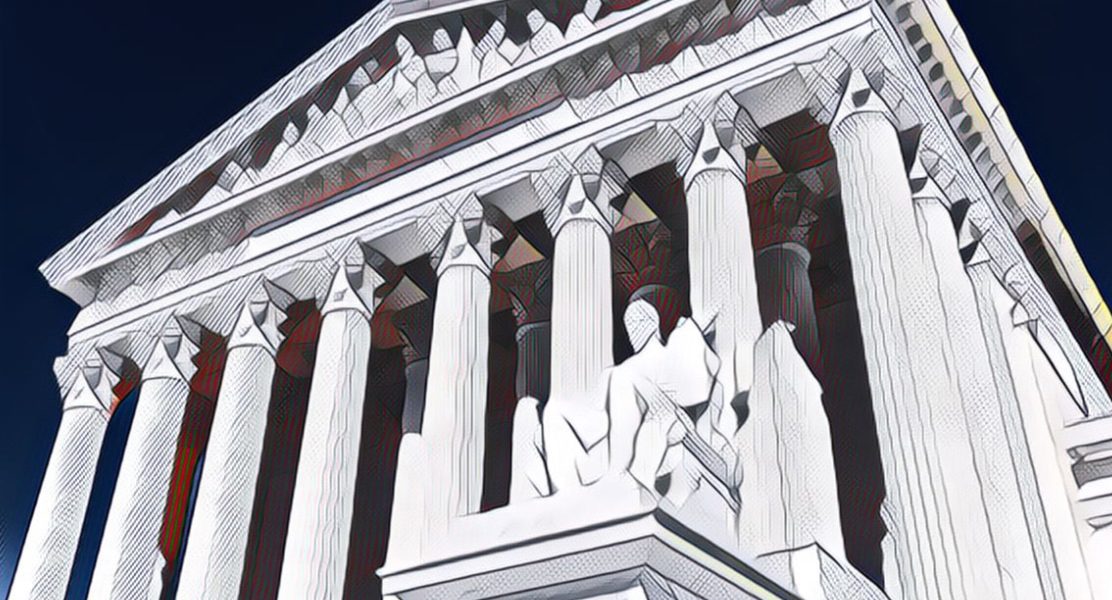U.S. Supreme Court strengthens workplace religious freedom standard in unanimous ruling

In Groff v. DeJoy, all nine justices of the U.S. Supreme Court agreed that under Title VII of the Civil Rights Act an employer can deny an employee’s request for a religious accommodation only if it would “result in substantial increased costs in relation to the conduct of its particular business.” That clarification redefines “undue hardship,” the standard articulated in Title VII. As BJC pointed out in an amicus brief, many courts interpreting that phrase been applying a much lower standard, relying on a 1977 case (Hardison) that suggested anything “more than a de minimis cost” to employers is an undue hardship.
Writing for the majority, Justice Samuel Alito explained why that weaker standard is not the correct way to read either Title VII or Hardison:
We hold that showing “more than a de minimis cost,” as that phrase is used in common parlance, does not suffice to establish “undue hardship” under Title VII. Hardison cannot be reduced to that one phrase. In describing an employer’s “undue hardship” defense, Hardison referred repeatedly to “substantial” burdens, and that formulation better explains the decision. We therefore, like the parties, understand Hardison to mean that “undue hardship” is shown when a burden is substantial in the overall context of an employer’s business.
The Court also clarified that an accommodation’s impact on one’s co-workers is not necessarily relevant to the “undue hardship” analysis:
As the Solicitor General put it, not all “impacts on coworkers . . . are relevant,” but only “coworker impacts” that go on to “affec[t] the conduct of the business.” So an accommodation’s effect on co-workers may have ramifications for the conduct of the employer’s business, but a court cannot stop its analysis without examining whether that further logical step is shown in a particular case.
Even more specifically, the Court explained that co-workers’ feelings about religion, or their personal objection to religious practices, are not sufficient to deny an employee’s religious accommodation request:
An employer who fails to provide an accommodation has a defense only if the hardship is “undue,” and a hardship that is attributable to employee animosity to a particular religion, to religion in general, or to the very notion of accommodating religious practice cannot be considered “undue.” If bias or hostility to a religious practice or a religious accommodation provided a defense to a reasonable accommodation claim, Title VII would be at war with itself.
BJC General Counsel Holly Hollman issued a statement welcoming the ruling:
Today’s decision upholds religious freedom protections consistent with congressional intent and clarifies the duties of employers.
This decision is a victory for religious minorities, who disproportionately claim the need for workplace religious accommodations. It provides guidance to lower courts to ensure the statute works as it was designed. “Substantial increased costs” is an improved test for applying Title VII.
For more on this case, see BJC’s Groff v DeJoy resource page. You can read the full opinion here. And, don’t miss the season finale of the Respecting Religion podcast next week as Holly Hollman and Amanda Tyler offer more reaction to and analysis of the decision.




